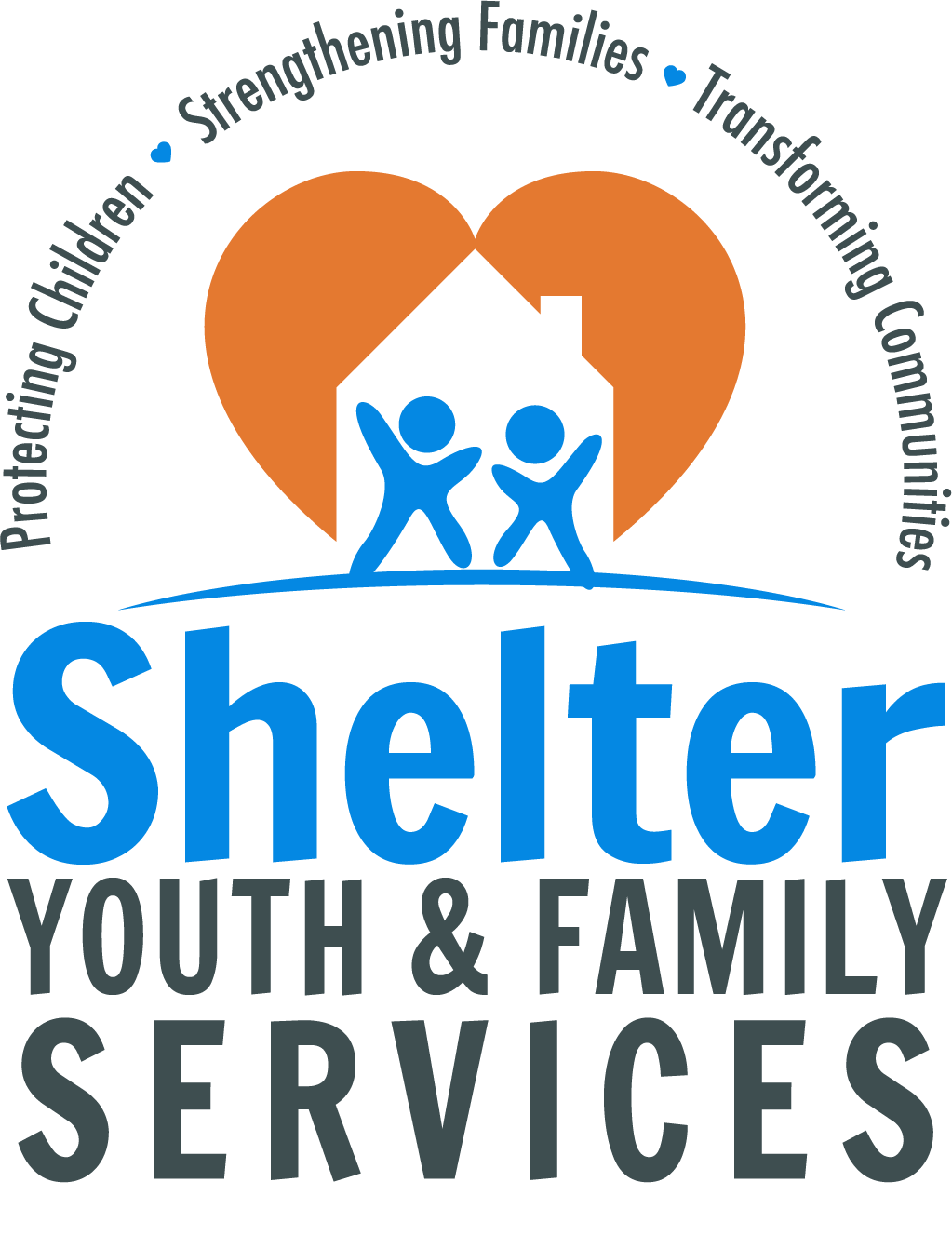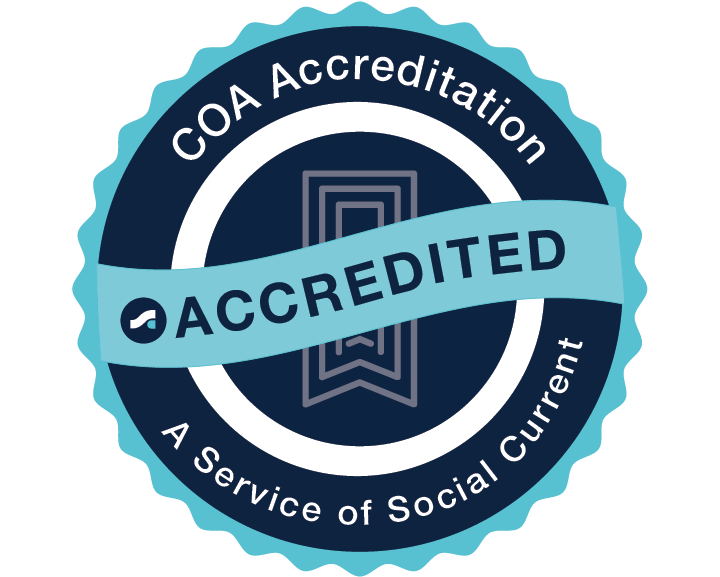Youth Experiencing Homelessness
For young people 14-24 years oldYouth homelessness is not only an urban problem.
In Illinois, the counties of Cook, Kane, DuPage, Lake, and McHenry account for more than 30% of the state’s homeless youth population.
Youth “homelessness” may not be obvious and does not necessarily mean young people are living on the streets. It means they do not have a stable, fixed, or adequate home. These youths may be “couch surfing” at friend’s or relative’s homes or living with their parents but lacking basic needs, such as food, personal hygiene, and supervision.
Family experiences such as child abuse, neglect, domestic violence, parental substance abuse, and family conflict related to a youth’s sexual orientation, gender identity, or gender expression are often the impetus for youth being forced out of their homes before they reach adulthood.
Shelter’s YEH program takes a housing-first approach and provides individualized support and comprehensive services to increase the safety, well-being, and self-sufficiency of youth experiencing homelessness. It is voluntary and confidential.
Youth ages 14-17 are housed at one of our two Emergency Group Homes. Family reunification is always the goal if it is in the best interest of the child.
For young adults ages 18-24, Shelter offers housing in transitional apartment units for up to 24 months or optional stabilizing support services for those living with family and friends. Food, clothing, personal hygiene products, furniture, linens, kitchen supplies, and other necessities are provided.
Shelter staff help young adults apply for benefits such as WIC, find work or vocational training, help arrange transportation, and provide resources for legal services, health care, substance abuse, and mental health therapy. Additional services are available for pregnant, LGBTQ+, delinquent, or developmentally disabled youth.
Our staff work one-on-one with young adults to establish achievable goals and teach them the necessary skills to transition from participation to independent living. Follow-up and additional support are provided at three, six, and 12 months after participation in the YEH program.




